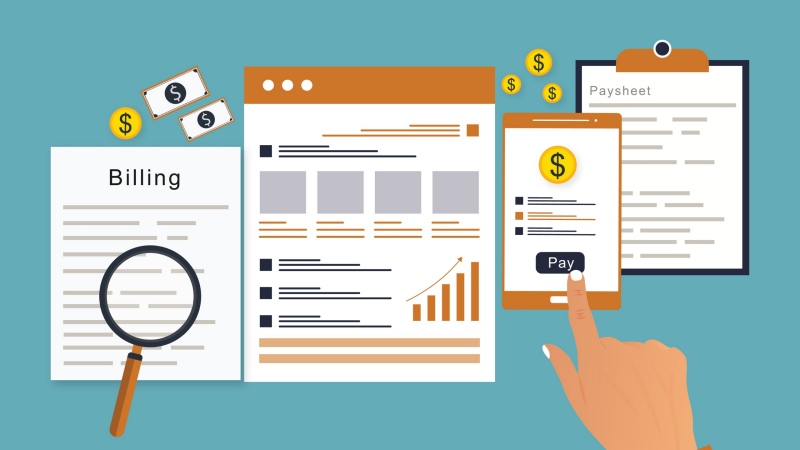

Have you ever had to provide a list of names and contact information of people you know or worked with as a part of a job application? Perhaps they are trusted references who can give a good impression of you to your potential employer.
When it comes to obtaining lines of credit, a similar process can happen. If you have a positive reference, it may help you in making your next financial decision. In the same way you provide references to a potential employer, you can provide a credit reference to a potential lender or credit card issuer.
In this article, you will learn about:
There are a few different types of credit references you can use when applying for your next line of credit. These include:
Remember that you can assess your credit score and creditworthiness prior to acquiring a credit reference by enrolling in Credit Journey ® . Monitoring your credit can be helpful way of keeping track of your financial standing and help plan for future financial decisions.
Why might you need a credit reference, and what do they look like? Let's break down a few of the different examples for when you might need one below.
You may be asked to provide a credit reference if you're applying for a lease to rent a house or apartment. This helps the landlord assess your financial risk and see if you would be a responsible tenant who makes consistent rental payments on time every month.
Similar to rentals, a lender may want to assess your risk prior to lending you the funds needed to purchase a home. A credit reference may be requested to help determine your eligibility for the loan.
An employer may want to learn more about your fiscal responsibility, especially for a role where you may be responsible for fiscal matters or budgetary planning. Your employer may ask for a credit reference from you (or run a background credit check).
You may be asked to provide a credit reference letter, which lists out your credit history with a particular lender, financial institution or landlord. A credit reference letter may be useful to show a potential lender your ability to make your payments on time. To obtain a letter, you will likely need to take the following steps:
Step 1: Review requirements by checking with the lender which information they are looking for (sometimes they can provide a template).
Step 2: Request the credit reference letter from the appropriate person/institution — provide the template if needed and state which information you need.
Step 3: Share the letter with your lender or other appropriate party (as an email or hard copy in person). Sometimes your previous lender/party will send the reference directly to the new entity.
A credit reference letter may include, but is not limited to:
A credit reference can be a helpful way of making an impression to a potential lender. Even if your credit score is less than ideal, a credit reference can increase your chances of getting approvals for lines of credit. In the same vein, having a poor reputation with your lenders, financial institutions and landlords could make a potential lender wary. That's why it's important to always keep track of your credit and financial reputation and make adjustments as needed to help improve your score over time.